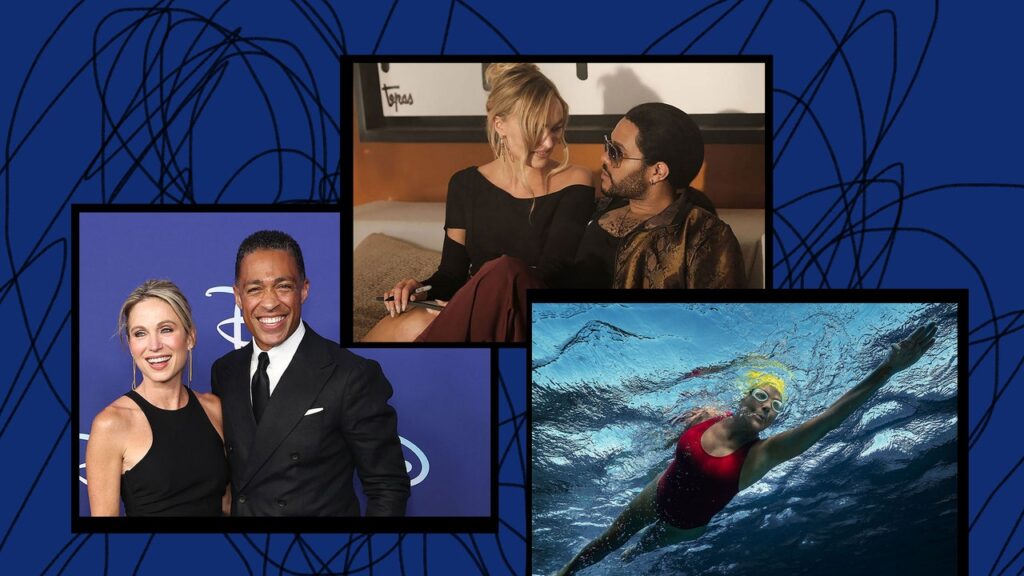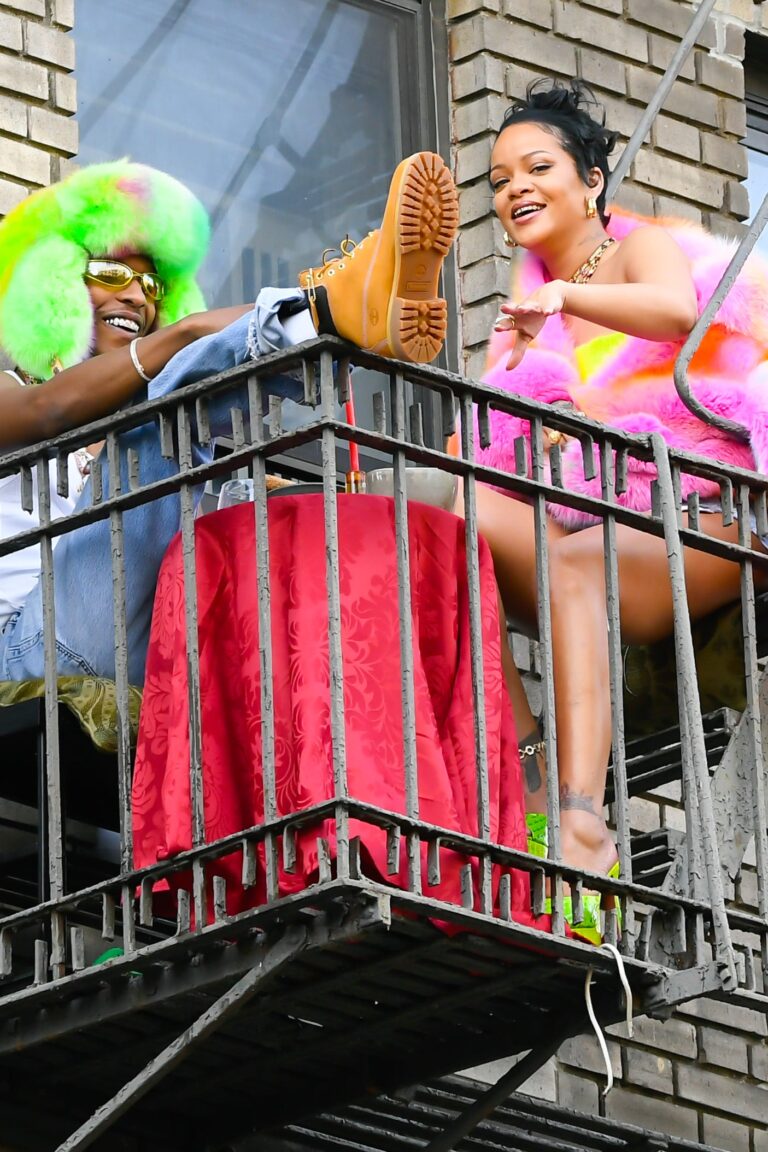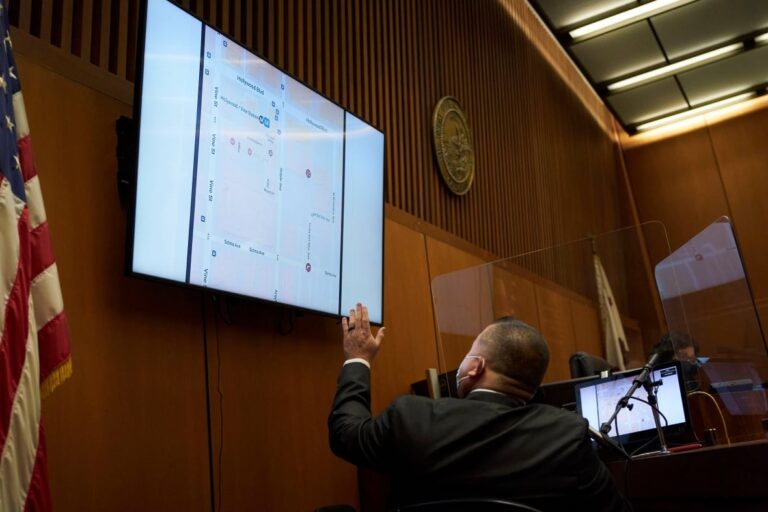
The Ups and Downs of Fame: Karla Sofía Gascón and the Goya Awards Drama
In the world of movies and television, fame can come with its fair share of ups and downs. Take the recent situation surrounding actress Karla Sofía Gascón, for example. She was slated to appear at Spain’s prestigious Goya Awards in Granada, an event that celebrates the best in Spanish cinema. However, Gascón made headlines for a very different reason. Let’s dive into this story, exploring not just what happened, but also how social media can impact the lives of public figures and why it matters to all of us.
Who is Karla Sofía Gascón?
First, let’s get to know Karla Sofía Gascón a bit better. She is a well-known actress in Spain, recognized for her talent and the roles she has portrayed in various films and television shows. You might not be familiar with all her work, but she has been making waves in the industry for years. Most recently, she featured in the film “Emilia Pérez,” which is directed by acclaimed filmmaker Jacques Audiard. While Gascón wasn’t nominated for a Goya Award this time, her film is up for the award for Best European Film, a significant achievement that showcases its success.
However, the issue isn’t just about her talent or the success of her film. Instead, it’s about how Twitter and other social media platforms have a way of digging up the past, and how that can affect someone’s career.
The Backlash Over Past Tweets
As the Goya Awards approached, some old tweets from Gascón resurfaced, leading to considerable backlash. These tweets contained racist and homophobic remarks that many found offensive. While the specific tweets weren’t highlighted in the news, their existence raised serious questions about the impact of social media statements made long before. Remember that social media is forever; once you post something, it can come back to haunt you, even years later.
Faced with overwhelming criticism, Gascón took action. She apologized for the tweets and deleted her social media account, attempting to distance herself from those past comments. Many people believed that apologizing was the right thing to do, acknowledging that she had made mistakes in the past. However, she also labeled the backlash as a result of “cancel culture,” a term used when society collectively decides to withdraw support from someone, often for perceived wrongs in their behavior or past actions.
What is Cancel Culture?
So, what exactly is cancel culture? It’s a complicated issue that has gained a lot of attention over the past few years. Essentially, it refers to actions taken by individuals or groups to hold others accountable for their past behavior, especially when that behavior is considered harmful or offensive. Some people argue that cancel culture is necessary for social change, while others believe it goes too far and stifles free speech.
Karla Sofía Gascón’s situation becomes a vivid example of how cancel culture plays out in the public eye. On one hand, many allege that her past remarks deserve criticism because they perpetuate harmful stereotypes and contribute to a culture of discrimination. On the other hand, Gascón supporters argue that everyone makes mistakes and deserves a second chance.
The Impact on Her Career
Following the backlash, the publishing house Dos Bigotes decided to cancel the release of Gascón’s updated autobiography. They cited a commitment to equality and diversity, stating they didn’t want to associate with someone whose past actions contradicted those values. This decision highlights the significant professional repercussions that someone like Gascón can face as a result of their past actions.
But what does this all mean for her future? While Gascón’s career may be facing challenges now, it’s important to recognize that many public figures have successfully turned their reputations around after facing similar situations. Sometimes, learning from past mistakes can lead to personal growth and, eventually, a renewed career.
The Success of “Emilia Pérez”
While the controversy raged on, it’s worth noting that Gascón’s film, “Emilia Pérez,” has been performing quite well at the box office. In Spain alone, it has earned a staggering €1.6 million. This success speaks volumes about the film’s reception and its ability to transcend the controversy surrounding its cast member. It shows that great art can still thrive, even amidst personal challenges.
The film is a reflection of important societal themes, showcasing aspects that resonate with audiences, regardless of the chaos surrounding its stars. This is a critical point because it reminds us that the art itself often matters more than the individuals behind it. Isn’t it interesting how a film can connect with people on such a level while its star navigates a personal storm?
Reflections on Accountability and Growth
As we look deeper into this situation, it’s clear that issues of accountability, social media, and growth play significant roles in how we view public figures. The internet has changed how we communicate and how we hold each other accountable for what we say and do. Gascón’s story is just one part of a much larger conversation about race, equality, and the impact of our words.
We live in a time where people are increasingly aware of the influence words can wield and their power to either harm or heal. This serves as a reminder for all of us—be thoughtful about what we post online. Something that seems funny or trendy today can have long-lasting implications.
What can We Learn?
So, what can we take away from Karla Sofía Gascón’s experience? It’s essential to understand that everyone makes mistakes. Whether it’s online or in our daily lives, we all have moments we aren’t proud of, and it’s vital to learn from them. While holding others accountable is crucial, so is compassion and the ability to see beyond a person’s past.
Perhaps future generations will benefit from our experiences today, learning to navigate the tricky waters of social media with more wisdom and understanding. Furthermore, it encourages all of us to engage in constructive conversations about race, equality, and acceptance of mistakes in our own lives.
Engage With Us
As we wrap up this discussion about Karla Sofía Gascón and the implications of her journey, we want to hear from you! What are your thoughts on cancel culture? Do you think it’s fair to hold people accountable for their past actions, or do you believe everyone deserves a second chance? Share your thoughts in the comments below! Your perspective can add to this important conversation and help us all better understand the complexities of accountability in our modern world.






